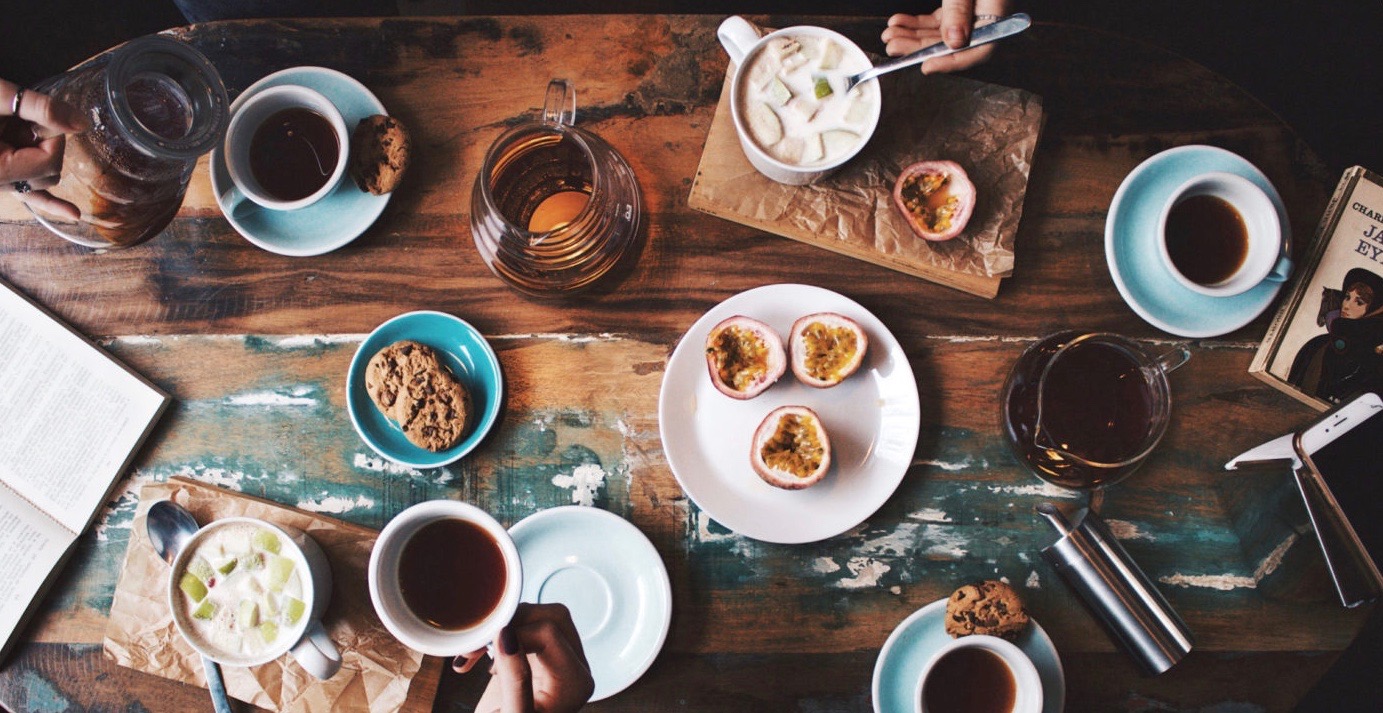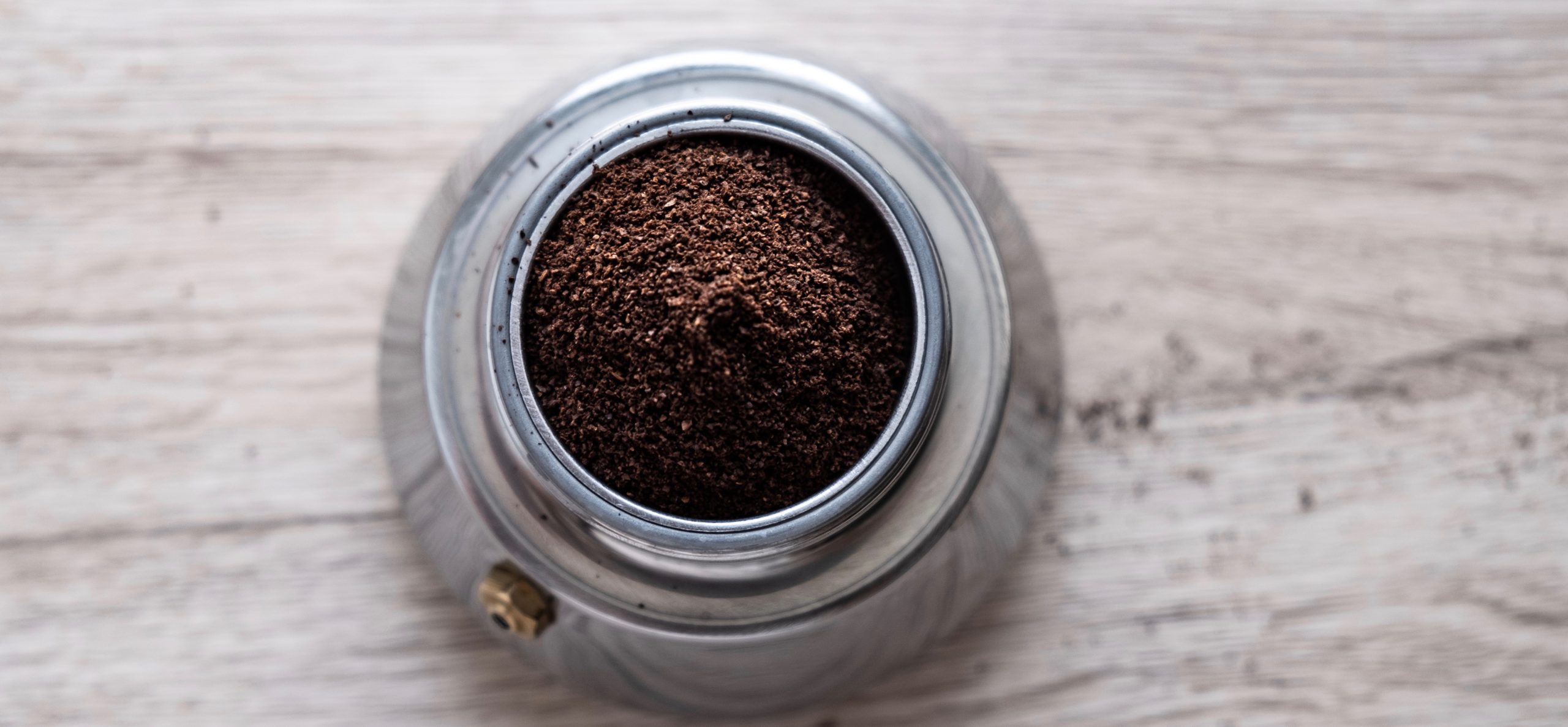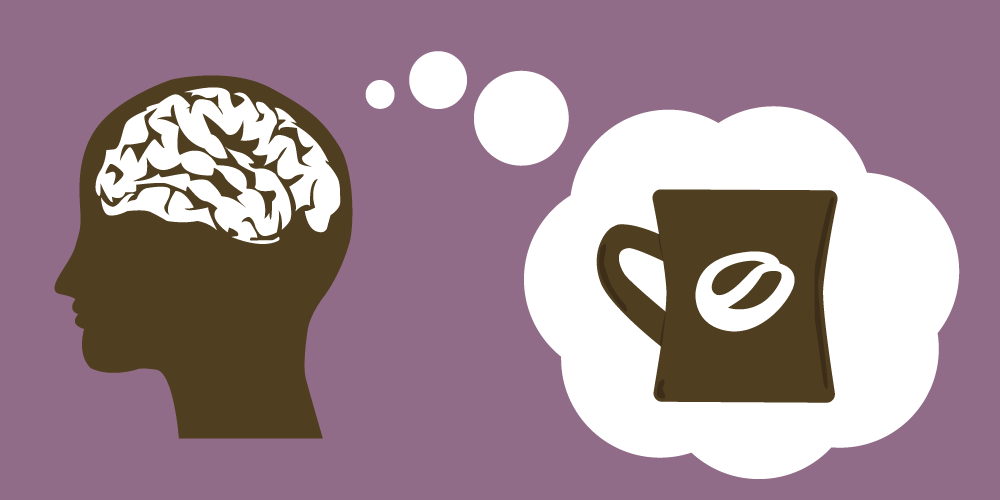
5 Diseases Coffee Can Help Prevent
Nothing beats your favorite morning roast, and it is doing more for you than just giving you the energy you need to get through your day. Coffee has an unbelievable number of health benefits, thanks in large part to all the disease-fighting antioxidants in it. Antioxidants are very important in preventing and delaying cell damage in the body, and coffee now leads as the main source of antioxidant intake for Americans. In addition, a study published in Critical Reviews of in Food Science and Nutrition does suggest that coffee consumption is very effective when it comes to fighting several chronic ailments.
So, every time you take a sip of java, you’re actually drinking for your preventative health! Here are some of the diseases where the risk of development decreases because of the most popular beverage in the world.
It Protects Against Alzheimer’s
Several studies have shown that coffee can ward off the most common cause of dementia. Alzheimer’s currently has no cure, but the antioxidants in a cup of Joe can not only slow down inflammation and damage to brain cells, but also boost cognitive function. Coffee drinkers who indulged in three to five cups a day reduced their chances of getting the disease by up to 65%. Other studies show that coffee also aids in delaying the disease by two to four years in people over age 65.
It Staves off Type II Diabetes
An estimated 9% of the world’s adult population suffers from diabetes, and Type II accounts for more than 90% of those cases. Diabetes is a lifelong illness that can lead to other serious ailments, like cardiovascular disease and nerve damage, so prevention definitely goes a long way. According to a report in the American Chemical Society’s Journal of Agricultural & Food Chemistry, people who consumed four or more cups of coffee a day lowered their Type II diabetes risk by 50%
It Fights Back Against Colon Cancer
According to a study from the Dana-Farber Cancer Institute, habitually consuming four or more cups of coffee a day can help preventing colon cancer from reoccurring. People who drank this amount were 42% less likely to have their cancer return, and 33% less likely to die from cancer. It was the first large-scale study to make a strong connection between recovery from this type of cancer and coffee. Colon cancer is one of the most prevalent cancers in the world, and for those who have survived the diagnosis, drinking coffee is an easy and affordable way to help them stay healthy.
It Helps With Depression
You have probably felt your mood lift after a few cups of java, and that is because coffee has been shown to fight off the blues. A joint study from AARP and the National Institutes of Health found that people who drank four or more cups a day were 10% less likely to be depressed than those who never drank coffee. It wasn’t due to the so-called caffeine high, since other caffeinated beverages didn’t produce the same effect.
Coffee also has a positive impact on depression and all its associated issues. A Harvard School of Public Health study found that the risk of suicide decreased by 50% when people drank two to four cups a day. Researchers suspect that it’s because coffee helps the brain produce “feel good” hormones like serotonin, dopamine and noradrenaline.
It is Beneficial Against Parkinsons
Parkinson’s is a debilitating, degenerative disease of the nervous system that affects movement, and like Alzheimer’s there is currently no cure. However, several studies have determined that coffee drinkers are less likely to develop the disease. Coffee’s benefits against Parkinson’s don’t stop there. Caffeine can actually ease the symptoms of people who already have it and help them control their movements more, according to a study published in Neurology.
Live Well, Thanks to Coffee
As a coffee drinker living your healthiest life, you can expect to get high-quality, USDA Certified Organic coffee when you buy from Camano Island Coffee Roasters. There are no pesticides or other elements that cause health problems in our coffee. So, fill up that cup of Joe and cheers to a better wellbeing.

















